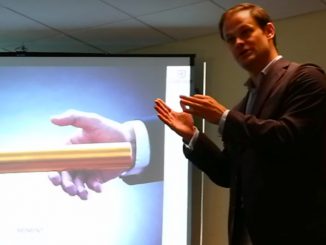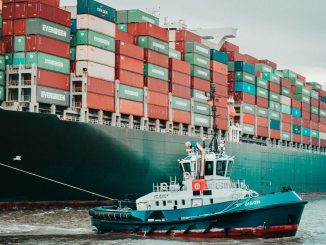
On Friday, November 9, MBS Professor Dr. Florian Bartholomae presented his research at the 65th Annual North American Meeting of the Regional Science Association International in San Antonio, Texas. NARSC is the largest and most important international conference in the field of regional sciences, at which international experts from renowned institutions present their latest research.
Dr. Bartholomae presented the paper “Urban Resurgence as a Consumer City: A Case Study for Weimar in Eastern Germany”, which is a joint research project with Prof. Dr. Nam (ifo Institute) and Prof. (FH) Dr. Schoenberg (IMC Krems).
Due to the transformation process following German reunification and overall demographic development, many cities in East Germany struggle with demographic and economic problems. Despite this fact, Weimar managed to achieve urban recovery as a “consumer city”.
This is achieved by focusing on amenities to improve living quality and defining itself as a cultural city with touristic attractions, and a university city. Its intensive cultural promotion policies combined with urban regeneration programs have contributed to the recent demographic and economic growth. Nevertheless, Weimar needs to better exploit its advantages and achieve an optimal mixture of consumption- and production-oriented development strategies to rectify the current structural imbalances and better control negative impacts caused by a rapidly aging population.
Besides ample presence and intact connectivity of high-tech industries and producer services within a city that enhance R&D, innovation, and productivity, Weimar should more seriously consider, when designing future development policy, that both urban growth approaches are interrelated: agglomeration generates higher income for the creative class whereas high urban amenities attract young creative entrepreneurs selecting locations for startups.
The presentation was very well received and discussed with keen interest. This research is part of the MBS research field “International Business”. For this purpose, location factors that are crucial for regions and firms to survive in international competition have to be identified and analyzed . Firms must develop an understanding of how cities develop, and deal with problems in order to find suitable markets and locations for sustainable business activities.



